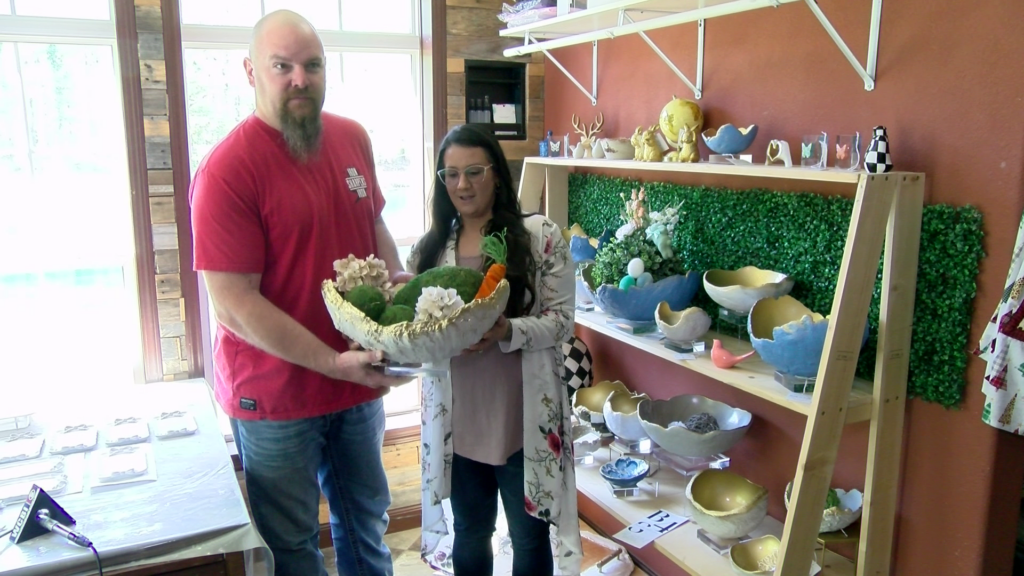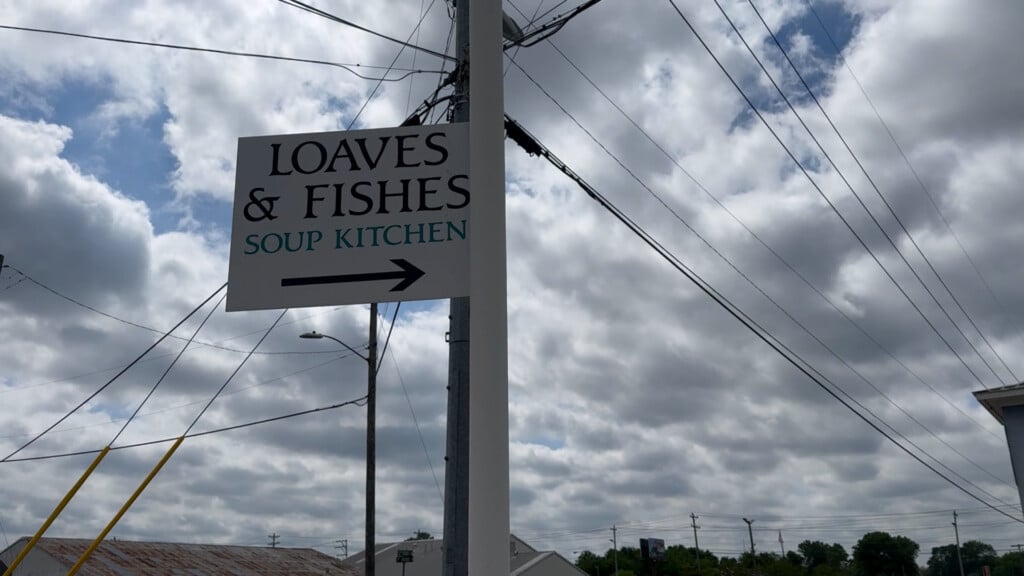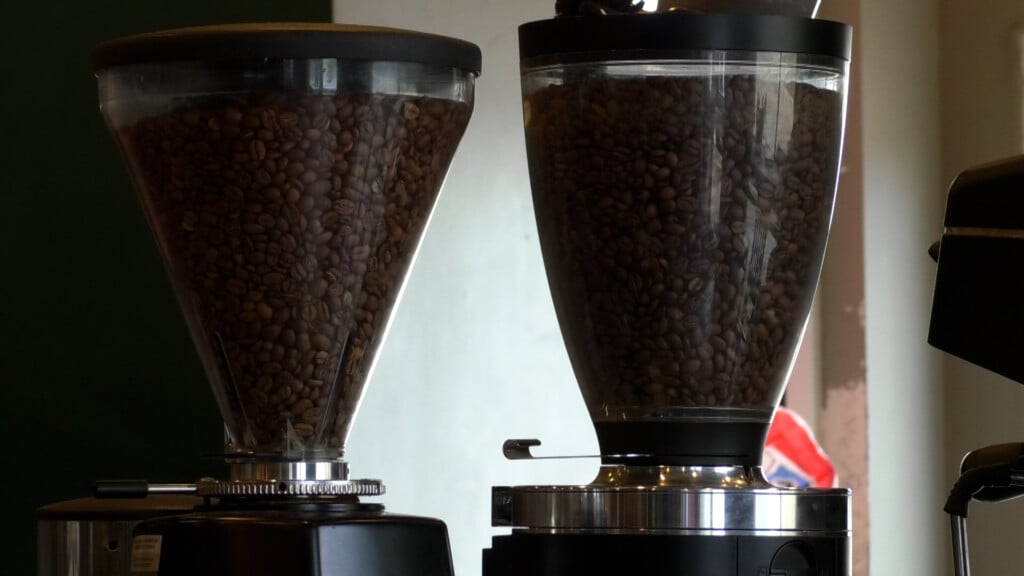A behind the scenes look at how the Baptist Memorial Hospital staff is battling fatigue and COVID-19
COLUMBUS, MISS. (WCBI) – Over 70 percent of healthcare workers have told Mental Health America that the on-going pandemic is leaving them exhausted, burned out and overwhelmed.
The ICU at Baptist Memorial Hospital – Golden Triangle was full again Thursday, with 8 of their 18 critical care beds occupied by COVID-19 patients.
“It is a high-stress situation but that’s kind of the reason I chose the path that I did,” says head critical care nurse Kyle Spencer. “I wanted to come in to critical care to be in those situations.”
For Spencer and his staff, dealing with a full critical care unit is nothing new.
“Usually we stay pretty full, if not at capacity, right there at it, all winter long if you will,” he says. “I’ve been here for 10 years and it’s been that way ever since I started.”
But as the state of Mississippi saw its second day in a row of more than 2,000 new cases of the coronavirus, the extra strain is undeniable.
In a Yale School of Public Health study, nearly a quarter of the healthcare workers surveyed across the U.S. said they’ve developed probable post-traumatic stress disorder since the start of the pandemic.
Spencer says he and his staff on high-alert throughout the day.
“When [patients] get back to us, generally, they’re as sick as they’re going to be, so it’s constantly listening for monitors, because any given thing could be wrong at any given moment,” he says.
That’s why the team at Baptist Memorial Hospital is constantly making sure they take care of their workers, so that, in turn, they can take care of their patients.
“Burnouts as an issue can be challenging and COVID has added an extra layer,” says inpatient nursing director Bridgett Alexander, DNP. “So we’re very concerned about that but we’re also being proactive and taking strategies to reduce the burnout risk.”
Alexander says they stress the importance of mental health to their staff, offering support groups and setting up staffing schedules six weeks in advance to make sure no one is spread too thin.
“We’ve had the staff that we’ve needed,” Alexander says. “We’ve had crunches at times but we’ve been able to reallocate different resources based on acuity and the need of the different areas.”
At the end of the day, staffers say that the inevitable exhaustion is worth it.
“To see them get over COVID, being the sickest of the sick, it’s good to see them get off of ventilators and then get back to having a functional life again.”





Leave a Reply